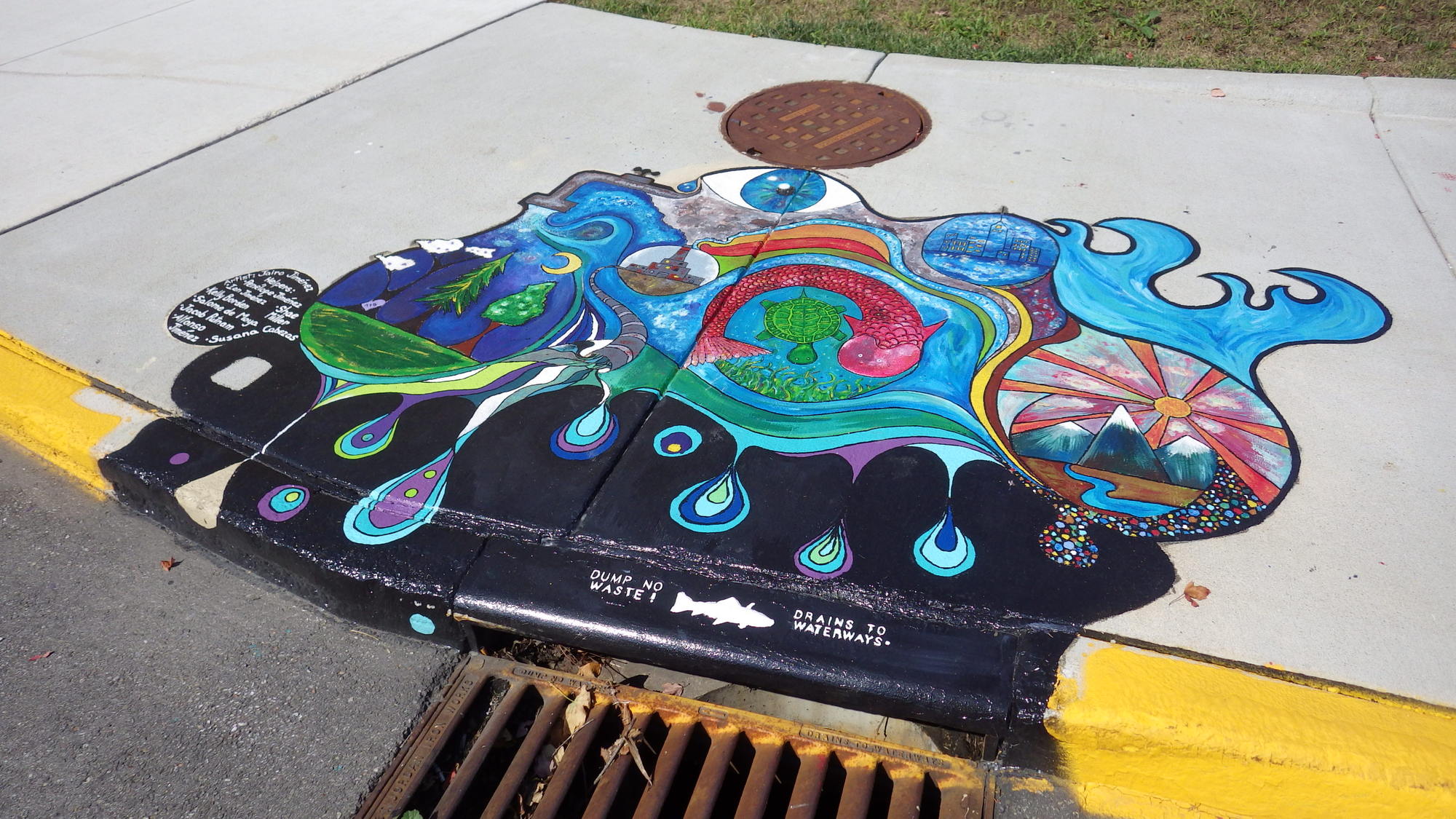
Stormwater Information
Clean Water Act
The requirements the Goshen stormwater program is founded on began in 1948 with the enactment of the Federal Water Pollution Control Act. This act was amended in 1972, and today is commonly referred to as the Clean Water Act (CWA). There have been subsequent amendments since, but the core of the program remains focused on improving water quality by preventing the release of contaminants to waterways. For more information on the Clean Water Act, visit the EPA’s History of the Clean Water Act webpage or the “Learn About the Clean Water Act” webpage from Wyoming LLC Attorney.
Local Ordinances
- Establishment of a Department of Stormwater Management – Ordinance 4295
- Illicit Discharges Ordinance 4327
- Construction Site Stormwater Run-Off Control Ordinance 4328
- Post-Construction Stormwater Management Ordinance 4329
- Goshen City Code: Stormwater Management can be found in Article 6 beginning on page 229.
Currently, the City of Goshen’s Stormwater Ordinances reference and reflect Indiana stormwater regulations established by 327 IAC 15 – 13 known as Rule 13. In December of 2021, Rule 13 was repealed and replaced with regulation by permit called the Municipal Separate Storm Sewer General Permit (MS4GP). The Stormwater Department is currently working with stakeholders to evaluate and update our Ordinances to reflect this regulatory change.
Why does Goshen have local regulations?
As part of the Clean Water Act, but administered by individual States, cities and urbanized areas meeting certain population thresholds are required to obtain a permit to discharge their stormwater runoff to the Waters of the United States. As required by law, the City of Goshen holds a Municipal Separate Storm Sewer System General Permit (MS4GP) administered by the Indiana Department of Environmental Management (IDEM).
A Municipal Separate Storm Sewer System, also known as an MS4, is defined by IDEM as “a conveyance or a system of conveyances owned by a state, city, town, or other public entity that discharges to waters of the United States and is designed or used for collecting or conveying [stormwater].” A stormwater conveyance has a broad definition and is not always just a system of underground pipes; a conveyance can include roads with drainage systems, gutters, and ditches.
To maintain permit coverage and continue discharging stormwater runoff to the Elkhart River, Rock Run Creek, and other waterways, the City of Goshen must meet the requirements of our permit organized into six (6) “Minimum Control Measures.” The Stormwater Department ensures the City manages our potential water pollutants by implementing the following minimum control measures:
1. Public Education & Outreach
Develop and initiate public education programs addressing the impacts of stormwater leaving our community. The Elkhart County Soil and Water Conservation District assists with this program requirement on behalf of all MS4 Communities within Elkhart County.
2. Public Participation & Involvement
Getting residents and property owners involved in activities that promote clean-water practices. The Elkhart County Soil and Water Conservation District assists with this program requirement on behalf of all MS4 Communities within Elkhart County.
3. Illicit Discharge Detection & Elimination
Seeking out and eliminating sources of water pollution. The City of Goshen performs this task in-house. The streams and ditches within the corporate boundary of the City of Goshen have been walked and boated to identify each pipe and ditch outfall that represents a point source discharge. These discharge points have been photographed, GPS located, and cataloged. Discharge of water from these structures have been sampled 36 hours following a rain event and screened for color, smell, temperature, pH, conductivity, dissolved oxygen, and E. coli. Discharge points with pollutants are sampled more frequently and the source of the pollutants is traced back to the source for corrective measures.
Click the pictures below to see videos describing what an illicit discharge is and why prevention is important.
4. Construction Site Runoff Control
Ensuring that all construction sites are operated and maintained in such a way as to reduce or eliminate pollution leaving their sites. The Elkhart County Soil and Water Conservation District fulfills this program requirement on behalf of the MS4 Communities within Elkhart County.
5. Post-Construction Runoff Control
Developing requirements of new development that promote clean water even after the construction is over. The City of Goshen Stormwater Department manages the post-construction program. As new developments are constructed, stormwater management plans are developed for the properties to follow. On a five (5) year cycle, the Goshen Stormwater Department checks in with each plan holder to verify they are following their stormwater plan and to make sure the original stormwater assets are still functioning as intended.
6. Pollution Prevention & Good Housekeeping
Cities are responsible for conducting their operations and maintaining their facilities in a manner that does not introduce additional pollution into the stormwater system and waterways. The City of Goshen’s staff is regularly trained on best management practices to minimize stormwater pollution. With the update of the City’s street department facility and central garage, special site features have been added to eliminate or capture pollutants associated with heavy equipment and vehicle maintenance.